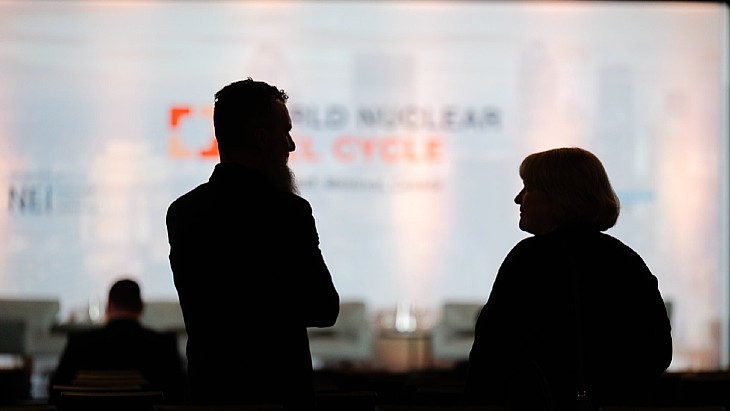Japanese company buys Kalahari stake
Japanese trading house Itochu has agreed to acquire a 15% share of Kalahari Minerals plc, giving it an interest in the Rössing South uranium deposit in Namibia.
Japanese trading house Itochu has agreed to acquire a 15% share of Kalahari Minerals plc, giving it an interest in the Rössing South uranium deposit in Namibia.
Its 15% share of Kalahari will put Itochu among the UK-based company's largest shareholders, and the Japanese company has already been invited to nominate a director to Kalahari's board.
Kalahari is the biggest shareholder - 40% - in Australia-based Extract Resources, which owns 100% of Rössing South. The Namibian uranium deposit has 9,250 tU in measured and indicated resources plus a further 93,660 tU of inferred resources, and is currently undergoing feasibility studies with a view to starting production in 2013. The project, also known as the Husab Uranium Project, is located due south of Rio Tinto's operating Rössing uranium mine, and comprises three main prospects: Rössing South, Ida Dome and Hildenhof. It has the potential to become one of the world's leading uranium mines, according to Itochu.
Kalahari executive chairman Mark Hohnen welcomed Itochu's participation in the company, which he described as "yet another transformational step for Kalahari." He noted the strong relationship which the 150-year old Japanese company has with the Japanese government. "We look forward to receiving support from the Japanese government through Itochu," he said.
Such support is already forthcoming. In parallel with Itochu's announcement of its purchase, state-owned Japan Oil, Gas and Metals National Corporation (JOGMEC) announced it would be extending exploration financing reported to be worth 4 billion yen ($43 million) to the project, which it says has development costs of $704 million.
Japan relies on nuclear power for 30% of its electricity, a figure set to rise to 40% by 2017, and although it has a full nuclear fuel cycle industry it has no indigenous uranium. Itochu, which lays claim to delivering some 4000 tU per year, says it is committed to an "aggressive approach" in its uranium business and securing a "stable supply" of uranium for Japan.
Researched and written
by World Nuclear News
_59102.jpg)
_49833.jpg)
.jpg)







_50521.jpg)

